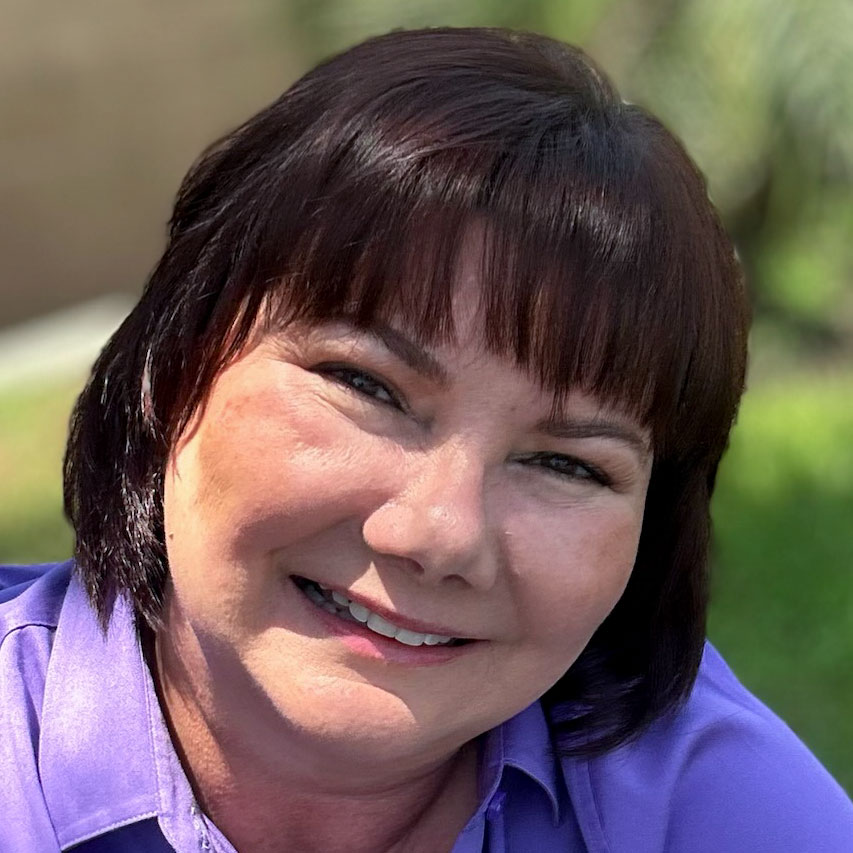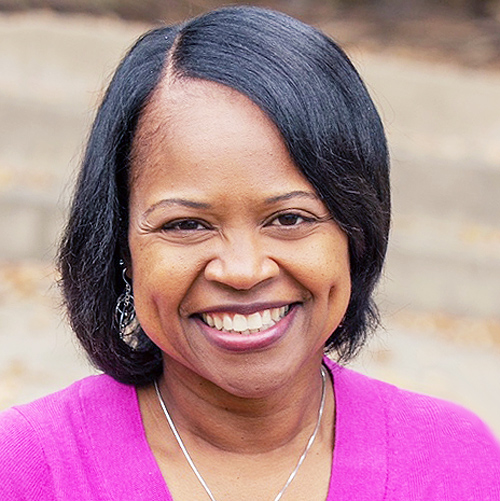How can therapy help after a miscarriage or pregnancy loss?
Pregnancy loss is a unique kind of grief—one that is often minimized, misunderstood, or completely overlooked. Therapy provides a safe, nonjudgmental space to:
- Express emotions that feel too heavy or complex to carry alone
- Make sense of what happened, even when there are no clear answers
- Process feelings of guilt, shame, or anger
- Navigate physical and emotional recovery
- Explore identity changes after loss
- Learn coping skills for everyday life, relationships, and future pregnancies
- Receive validation and support from a trained professional
Grief counseling after miscarriage doesn’t “fix” the pain—but it helps you move through it with more support, understanding, and self-compassion.
Is it normal to feel intense grief or guilt after a miscarriage?
Yes. Miscarriage and pregnancy loss can trigger profound grief, guilt, sadness, and even trauma. These emotions may come in waves, feel out of proportion to the stage of pregnancy, or surprise you months or years later. It’s all normal.
Common emotional responses include:
- Grief and sadness for the future that was imagined
- Guilt or self-blame, wondering if something could have been done differently
- Shame, especially if you feel you "should be over it" by now
- Anger—at your body, medical providers, the world, or even your partner
- Disbelief or numbness, especially after multiple losses
- Anxiety about the future or fears about trying again
These are all valid and human responses to a heartbreaking experience. Working with a therapist for miscarriage can help you honor your grief without judgment and gently begin to heal.
When should someone consider seeking counseling after pregnancy loss?
There is no “right” time to seek help. Some people want to talk to a pregnancy loss therapist immediately after their loss, while others wait weeks, months, or even years. Therapy can be beneficial at any stage.
Consider counseling if:
- You're feeling overwhelmed by grief, sadness, or numbness
- You’re struggling to talk to others or feel misunderstood
- You feel stuck or unable to move forward
- Your relationships are strained because of the loss
- You're experiencing anxiety, depression, or trauma symptoms
- You’re avoiding reminders or feeling disconnected from life
- You’re planning or entering a future pregnancy and feeling scared
Even if you’re “functioning,” you still deserve support. Therapy is not just for crisis—it’s for healing, resilience, and making meaning after profound loss.
What types of therapy are used to support individuals or couples after a pregnancy loss?
Several therapeutic approaches can help individuals or couples navigate the emotional impact of pregnancy loss:
Grief Therapy
Helps process sadness, longing, and complex emotions tied to loss. This includes talking through the loss, identifying coping strategies, and integrating the experience over time.
Cognitive Behavioral Therapy (CBT)
CBT helps reframe painful thoughts (“I failed,” “It was my fault”) and manage emotional triggers like anxiety, hopelessness, or guilt.
Trauma-Informed Therapy
For those who experience miscarriage or pregnancy loss as traumatic (e.g., emergency procedures, stillbirth, medical neglect), trauma therapy supports emotional regulation and reduces PTSD symptoms.
EMDR (Eye Movement Desensitization and Reprocessing)
An evidence-based therapy for processing distressing or traumatic memories. EMDR after miscarriage can help reduce emotional intensity while retaining meaning and memory.
Couples Therapy
Supports partners in navigating their grief, communication struggles, emotional disconnect, or conflicting ways of coping.
Mindfulness and Compassion-Based Therapies
Focus on increasing self-kindness, acceptance, and present-moment awareness to reduce suffering and encourage healing.
Your therapy for pregnancy loss will be tailored to your needs—whether you want to talk through your emotions, process trauma, rebuild intimacy, or find peace with your body again.
Can therapy help with anxiety or fear in future pregnancies?
Yes. After a loss, even the thought of getting pregnant again can feel terrifying. Therapy provides support for navigating:
- Fear of another miscarriage or complications
- Guilt about moving on or loving a new pregnancy
- Hypervigilance or obsessive monitoring of symptoms
- Detachment or emotional distancing from the new pregnancy
- Anxiety in every appointment, scan, or milestone
A pregnancy loss therapist can help you process past trauma, build a grounded sense of hope, and develop tools for managing anxiety during pregnancy. Therapy also supports you in making empowered decisions about your reproductive journey—whatever direction it takes.
What should I expect in my first session of miscarriage or loss counseling?
The first session is about creating safety and connection. You don’t need to share everything right away—or even talk about the loss if you’re not ready.
Your therapist may gently explore:
- Your story of the pregnancy and the loss
- The emotional and physical impact it had on you
- Any symptoms of grief, anxiety, depression, or trauma
- Your support system—or lack thereof
- What you hope to gain from therapy
Most importantly, your miscarriage counselor will meet you where you are. You’re not expected to “move on” quickly or hide your pain. This is a space where every emotion—however messy, painful, or confusing—is allowed and supported.
Is it common for couples to grieve differently after pregnancy loss?
Absolutely. Pregnancy loss affects each partner in unique ways, and couples often experience:
- Different emotional timelines (one may grieve longer or more visibly)
- Communication breakdowns (“I don’t know what to say” or “They don’t understand my pain”)
- Misunderstood coping styles (e.g., one partner may need to talk while the other withdraws)
- Feelings of resentment, guilt, or blame
- Sexual disconnect due to emotional or physical triggers
These differences don’t mean the relationship is broken—but they do mean it’s under stress. Couples counseling can help bridge the emotional gap, foster empathy, and rebuild a sense of connection and intimacy.
Can therapy help strengthen relationships after experiencing this kind of loss?
Yes. In fact, many couples say that therapy not only helped them survive the loss but also brought them closer. A trained pregnancy loss therapist can help partners:
- Understand each other’s emotional experiences
- Communicate grief in ways that feel safe and supported
- Rebuild trust and emotional intimacy
- Explore questions about trying again or choosing another path to parenthood
- Develop shared rituals to honor the loss and find meaning together
Grief doesn’t have to pull you apart. With guidance and empathy, it can become a bridge to deeper connection and mutual healing.
How do I support a partner or friend going through pregnancy loss?
It can be hard to know what to say or do when someone you love is grieving a pregnancy loss. Here’s how to offer meaningful support:
- Acknowledge the loss: “I’m so sorry this happened. I’m here for you.”
- Use the baby’s name if one was chosen, and don’t be afraid to bring up the loss—it shows you care.
- Avoid clichés like “Everything happens for a reason” or “You can try again.” These statements can feel dismissive, even if well-intentioned.
- Offer practical help: Bring meals, babysit other children, run errands.
- Listen without trying to fix: Just being present is enough.
- Check in weeks or months later. Grief doesn’t follow a timeline, and support often fades too soon.
Encourage them to seek grief counseling after miscarriage if they’re struggling—and let them know that seeking help is a sign of strength, not weakness.
Does pregnancy loss increase the risk of depression or PTSD?
Yes. Pregnancy loss can trigger or intensify mental health symptoms, especially when the loss is:
- Sudden, traumatic, or medically complicated
- After multiple rounds of IVF or fertility treatments
- Dismissed or invalidated by others
- Linked to previous mental health conditions
Common post-loss symptoms include:
- Major depressive episodes
- Anxiety or panic attacks
- Flashbacks or intrusive thoughts
- Avoidance of triggers (e.g., baby showers, hospitals, pregnancy announcements)
- Feelings of hopelessness, emptiness, or numbness
These experiences are not signs of personal failure—they’re signs of unprocessed grief or trauma. A skilled pregnancy loss therapist can help reduce these symptoms and support emotional recovery.
Are there support groups or group therapy options for miscarriage?
Yes, and they can be incredibly healing. Support groups or group therapy for pregnancy loss offer:
- A space to talk openly with others who truly understand
- Validation that your grief is real and shared
- Coping strategies from people further along in their healing
- A chance to reduce isolation and build community
- Opportunities to remember and honor your loss together
Groups may be:
- Peer-led (more informal and community-based)
- Therapist-facilitated (structured therapeutic sessions)
- Focused on specific types of loss (e.g., early miscarriage, stillbirth, ectopic pregnancy, IVF loss)
- Available in-person or online
Ask your therapist, OB/GYN, or local hospital for referrals. You can also search organizations like Share Pregnancy & Infant Loss Support, MISS Foundation, or Postpartum Support International.
Pregnancy loss is real. Your grief is valid. And you don’t have to go through this alone.
Whether your loss happened recently or long ago, whether you're navigating grief, guilt, fear, or confusion—there is support for you. A compassionate pregnancy loss therapist can help you begin to heal, honor your experience, and move forward on your terms.
Explore options for miscarriage counseling, reach out to a trusted therapist for pregnancy loss, or begin grief counseling after miscarriage today. Healing doesn’t mean forgetting. It means learning to live again—with support, with strength, and with love.













